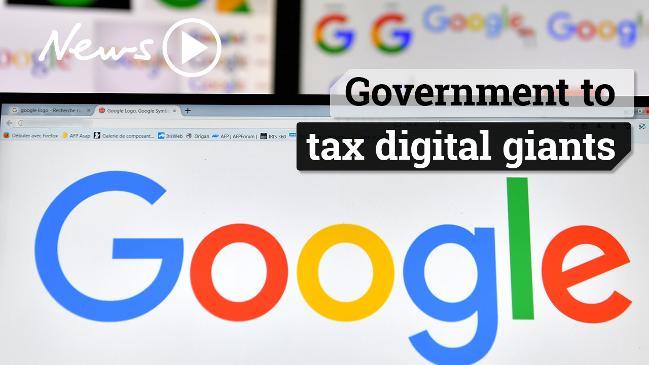Facebook could pay as much as $US9 billion if it loses an upcoming court case
A controversial decision about where its money goes could cost Facebook $13.5 billion as it prepares to fight a tax office in court.

The US Internal Revenue Service is suing the world’s biggest social media site over billions in taxes it alleges the company avoided for years through dodgy licensing deals.
The IRS is chasing $US9 billion ($A13.5 billion) from Facebook.
The lawsuit comes after the “Double Irish, Dutch Sandwich” tax loophole beloved by many corporations was finally closed at the start of this year.

That loophole allowed Facebook and others to minimise their tax obligations by setting up shell companies in a variety of countries and moving money between them until it eventually disappears in the eyes of the taxman.
This is done by assigning the intellectual property of the main company to a subsidiary then paying it licensing fees.
Facebook is being accused of undervaluing the intellectual property it sold to an Irish subsidiary in 2010.
The company’s subsidiaries then allegedly paid royalties for the intellectual property rights to a US-based parent incorporated in Delaware, where intellectual property is not subject to taxes.
Facebook stands by the decision according to Reuters.

Facebook spokeswoman Bertie Thomson told the agency the company made the decisions in 2010 when it “had no mobile advertising revenue, its international business was nascent and its digital advertising products were unproven”.
Those digital advertising products and their ability to hone in on and aggressively target specific groups are well and truly proven now.
Ads on Facebook and its other apps brought in almost $US70 billion ($A105.5 billion) in 2019, for a profit of almost $US24 billion ($A36.1 billion).
Facebook owns Instagram, WhatsApp, and Messenger in addition to the social media site.
Almost 3 billion people use at least one of them each month.
Only the company that owns Google makes more money selling ads on the internet.

Corporations loved the since closed Double Irish loophole because it only violated the spirit of tax law and not the letter of it, allowing them to still say that they met all their tax obligations in the country’s they do business.
Accepting that there was anything dodgy about this would be a bad look which is why Google maintained it had done nothing wrong as it paid the Australian Taxation Office $481.5 million to settle a long-running dispute between the two parties at the end of last year.
Google still minimises that amount of tax it has to pay here by funnelling it out of the country through its Asia-Pacific headquarters in Singapore, where the corporate tax rate is 13 per cent lower than in Australia.



